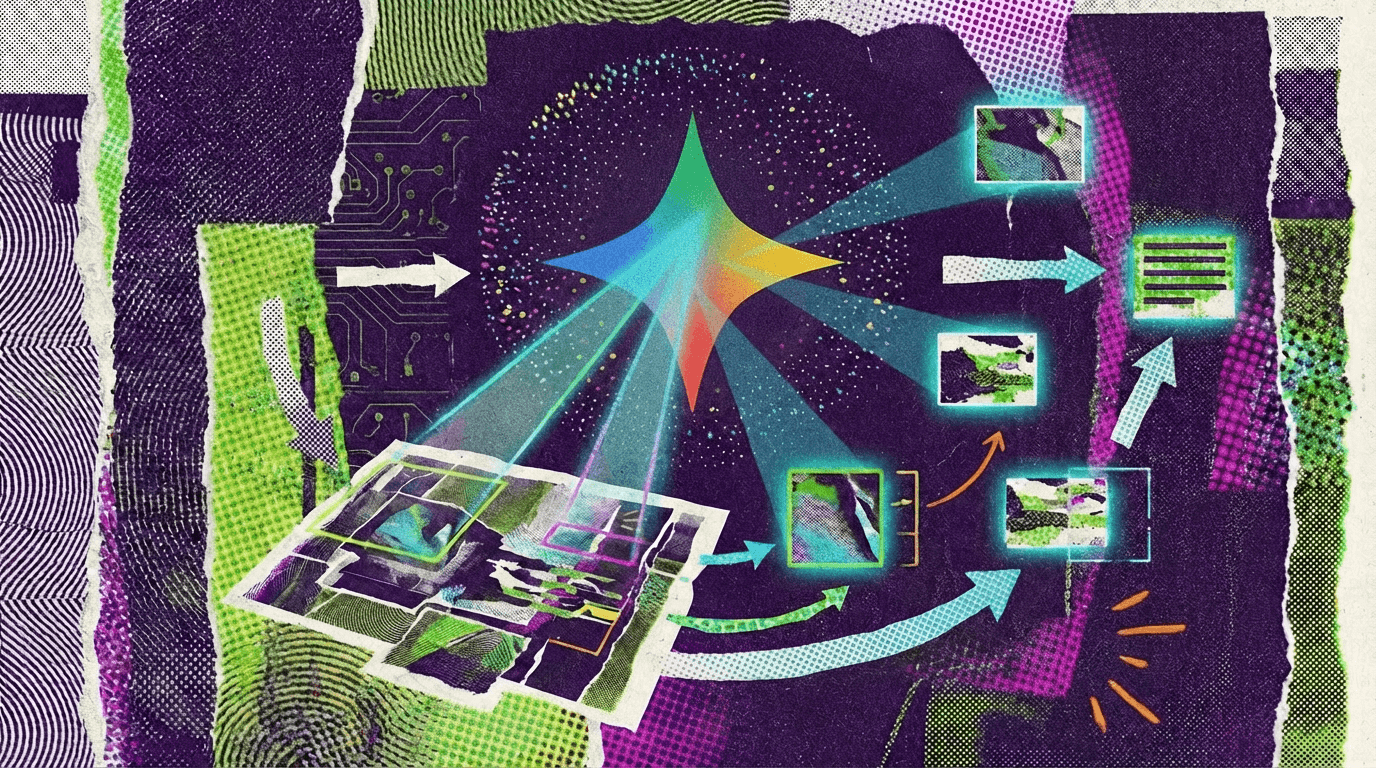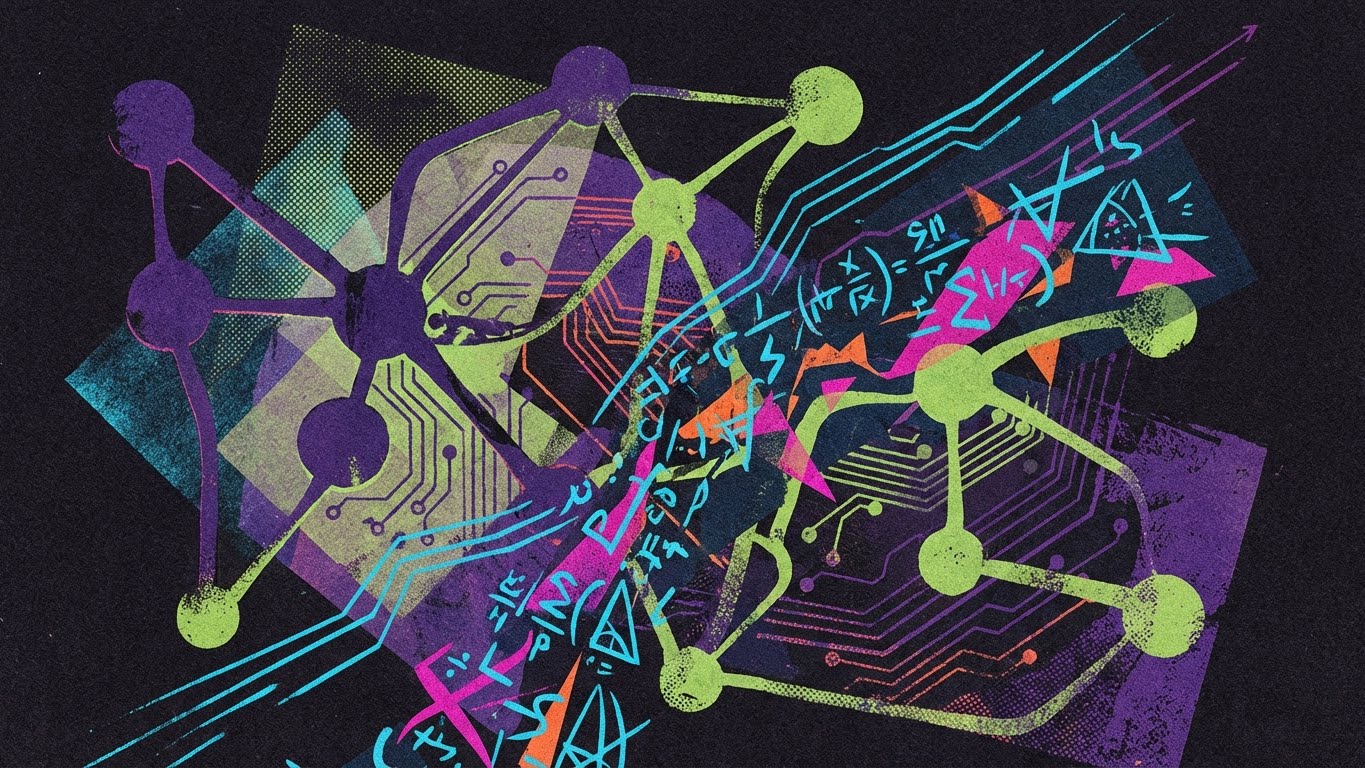Maximilian Schreiner
Max is the managing editor of THE DECODER, bringing his background in philosophy to explore questions of consciousness and whether machines truly think or just pretend to.
Read full article about: OpenAI's Prism combines LaTeX editor, reference manager, and GPT-5.2 in one tool
OpenAI has launched Prism, a free AI workspace for scientific writing. The tool runs on GPT-5.2 and combines a LaTeX editor, reference manager, and AI assistant in a cloud-based environment. Researchers can create unlimited projects and invite collaborators.
The AI has access to the entire document and can help with writing, editing, and structuring. Users can search and incorporate academic literature from sources like arXiv. Whiteboard sketches or handwritten equations can be converted directly to LaTeX via image upload. Real-time collaboration with co-authors is also supported.
Prism is based on Crixet, a LaTeX platform that OpenAI acquired. The tool aims to eliminate the need to switch between different programs like editors, PDFs, and reference managers. Prism is available now for anyone with a ChatGPT account at prism.openai.com. Availability for Business and Enterprise plans will follow later.
Read full article about: Mistral AI launches terminal-based coding agent Vibe 2.0
Mistral AI has unveiled Mistral Vibe 2.0, an upgrade to its terminal-based coding agent powered by the Devstral 2 model. The tool enables developers to control code using natural language, orchestrate multiple files simultaneously, and leverage full codebase context.
New in version 2.0 are custom subagents for specific tasks like testing or code reviews, clarifying questions when instructions are ambiguous instead of automatic decisions, and slash commands for preconfigured workflows.
Mistral Vibe is available through Le Chat Pro ($14.99/month) and Team plans ($24.99/seat). Devstral 2 moves to paid API access – free usage remains available for testing on the Experiment plan. For enterprises, Mistral additionally offers fine-tuning, reinforcement learning, and code modernization services.
Anthropic CEO warns democracies must protect themselves from their own AI
Dario Amodei outlines the dangers of powerful AI systems in a new essay. His central demand: Democracies should only use AI in ways that don’t make them more like their autocratic adversaries.
Read full article about: Nvidia pours $2 billion into Coreweave
Nvidia invests $2 billion in cloud provider Coreweave, buying shares at $87.20 each. The two companies are expanding their existing partnership to build AI data centers with more than 5 gigawatts of capacity by 2030.
As part of the deal, Coreweave will deploy multiple generations of Nvidia hardware, including the Rubin platform, Vera processors, and Bluefield storage systems. The partners also plan to integrate Coreweave's software into Nvidia's reference architectures for cloud providers and enterprise customers.
Coreweave went public in March 2025 and specializes in AI-optimized cloud services. The company is involved in expanding OpenAI's Stargate project. OpenAI has also invested several billion dollars in Coreweave.
Emergency meetings and failed billion-dollar talks reveal the chaos behind Apple's pivot to Google Gemini
Internal crisis meetings, a leader who cried “bullshit” and convinced no one, and billion-dollar negotiations that fell apart: Bloomberg reveals the backstory behind Apple’s decision to partner with Google.
Anthropic keeps rewriting its hiring test because Claude keeps beating the applicants
Anthropic is dealing with an unusual problem: The recruiting team has to keep developing new take-home tests because the company’s own AI models are outperforming human candidates.
Read full article about: Google AI Search taps Gmail and Photos for personalized results
Google is connecting Gmail and Google Photos to its AI-powered search. Subscribers to Google AI Pro and Ultra in the US can now opt in to share their emails and photos for personalized search results.
The system reads hotel confirmations and analyzes vacation photos to suggest relevant restaurants or activities. For shopping queries, search results factor in brands you've purchased and your travel dates.
The feature, called "Personal Intelligence," is already available in Gemini and runs on the Gemini 3 model. It's opt-in only and Google acknowledges the system can make mistakes. Workspace business and education accounts are excluded entirely.


